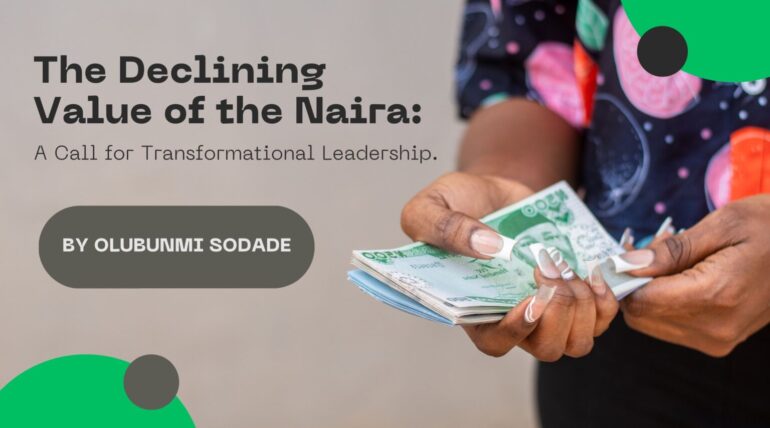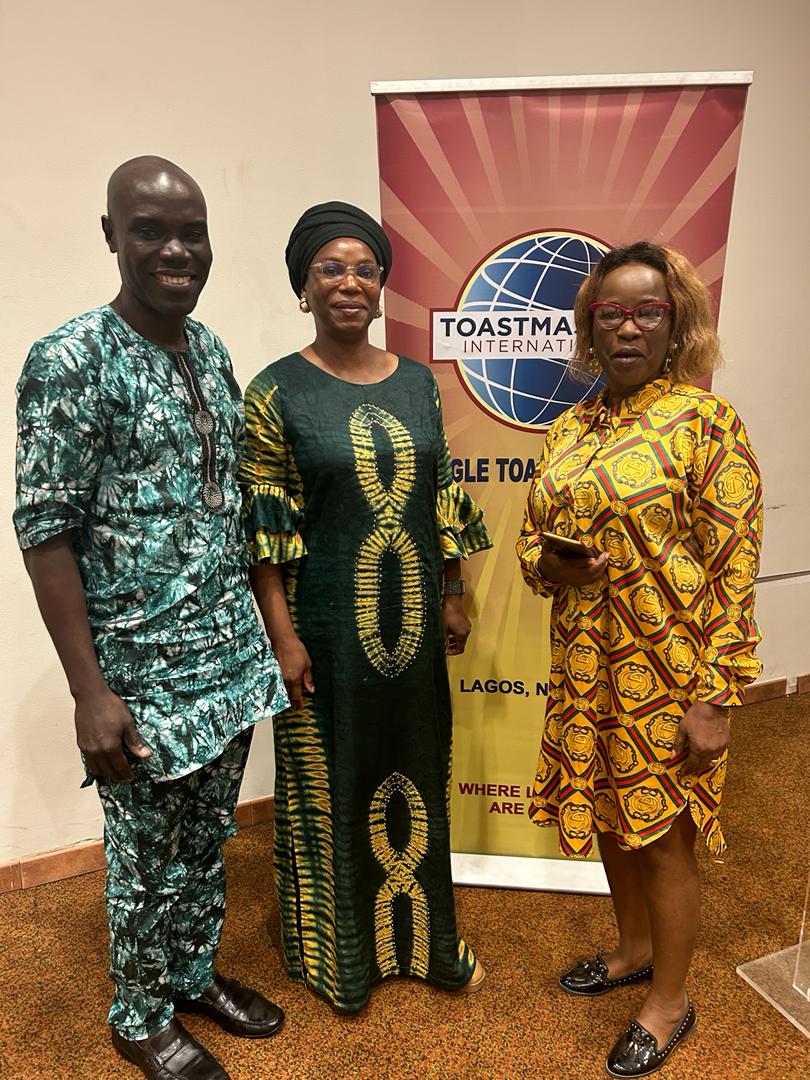The Naira, once a symbol of stability and prosperity many decades ago, has been experiencing an alarming decline in value in recent months. With the exchange rate now at NGN1350/$1 and NGN1800/£1, the Naira has become a weak currency, losing its status as a store of value. This decline reflects the underlying weak economic fundamentals that our country has been grappling with for years.
The performance of our leaders and the state of our economy are closely intertwined. The free fall of the Naira is a clear indication of the mismanagement and poor governance that have plagued our nation. Economic indicators, such as currency value, cannot be manipulated as it is a real scorecard of governance. The weakening of the Naira is a result of high inflation, persistent current account and budget deficits, slow economic growth, excessive reliance on imports, political instability, and rampant corruption.
The insatiable demand for foreign currencies, particularly the US dollar, has driven up prices and further eroded the value of the Naira. The principle of supply and demand is at play here, with the limited capacity to generate dollars through our GDP and exports. We do not export enough goods and services to generate the required foreign exchange, while foreign direct investments have evaporated leading to the Naira losing its appeal as a reliable store of value. Indeed, a double whammy.
Another factor contributing to the devaluation of the Naira is the unattractive interest rate regime. This discourages both local and international investors from holding onto the Naira, leading to a flight to safety in other foreign currencies. The current situation presents numerous challenges for the Naira, but all hope is not lost. It may push us towards becoming a closed economy, forcing us to find alternatives and solutions within our own borders.
Devaluation, though a controversial economic policy tool, can be utilized to stimulate exports, reduce trade deficits, and alleviate the burden of interest payments on government debts. It can also generate more revenue for the government through the sale of natural resources. A weaker Naira can potentially boost sectors that have been lagging, such as agriculture, manufacturing, steel, healthcare, and education. As Nigerians search for local alternatives, these sectors may experience growth, leading to increased employment and overall economic development. Additionally, the Nigerian diaspora, a significant source of foreign exchange inflow, can benefit from the devaluation as their remittances will yield more Naira.
The example of China serves as a reminder that even in the face of adversity, a nation can rise and transform itself. After the Opium War (1840-1842), China was gradually reduced to a semi-colonial, semi-feudal society and was subjected to terrible oppression. It went through immense humiliation, its people endured untold suffering, and the ancient Chinese civilization lost its way. However, the indomitable Chinese people never lost heart –they continued to fight tenaciously for their dream of a happy life.
China transformed itself from a huge, poor, and backward country in the East to a thriving society where every citizen is enjoying moderate prosperity and global respect, through planned closed economic reforms and severe perseverance. The Chinese people are industrious, courageous, honorable, and patriotic, attributes that are paramount for transforming any nation. China now ranks first in terms of trade in goods and foreign exchange reserves and ranks second in terms of its trade in services and consumer market.
It is essential for us to draw inspiration from such stories and recognize that positive change is possible. Our current economic predicaments, including currency devaluation, inflation, unemployment, and trade deficits, can be overcome with the right leadership. What we need is a socio-economic structure that prioritizes the well-being of the masses and directly impacts their daily lives. Incremental changes are no longer sufficient; we require radical and transformational leadership that transcends political dogma and cycles.
In conclusion, the declining value of the Naira is a wake-up call for Nigeria. We must address the root causes of our economic challenges and implement bold reforms to restore the Naira’s status as a store of value. By fostering a socio-economic structure that benefits the masses and embracing transformational leadership, we can pave the way for economic growth and development. It is time for us to reclaim our economic destiny and build a prosperous future for all Nigerians.
Olubunmi Sodade
22 Jan 2024






